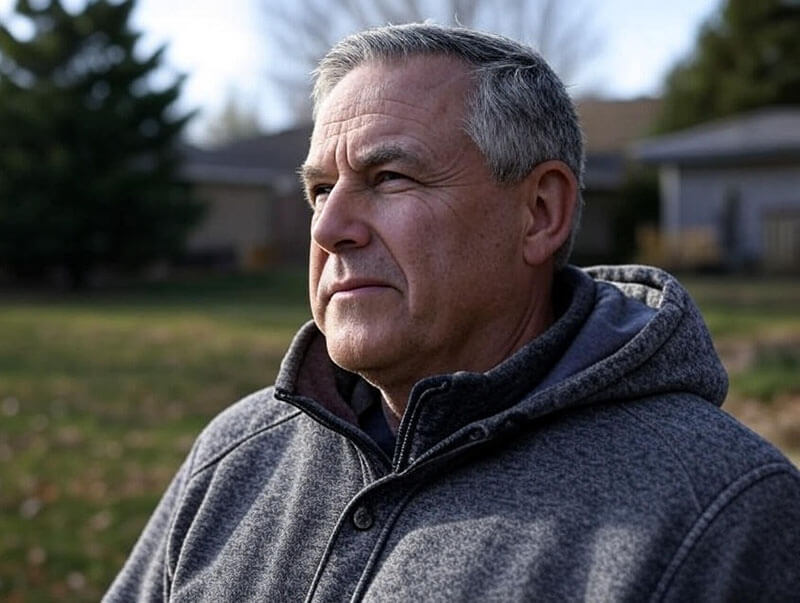Can You Bury Someone on Your Property?
Many people want to lay their loved ones to rest in a special place. For some, that place is close to home. But is it legal to bury someone on your property? The answer depends on where you live.
Burying someone at home is called a home burial or private burial. Rules for this practice are set by local gov’ts and sometimes by national laws. Understanding these rules is important before you make plans.
Local Laws and Rules
Most countries have laws about where a body can be buried. These laws are made to protect public health and keep accurate records. In many places, burials must happen in approved cemeteries.
Some rural areas allow burials on private land if you follow certain steps. For example, in some parts of Australia, a family can bury a relative on a farm. They need to get permision from the local council and keep records with the health dept.
Example From the UK
In the UK, it is legal to bury a person on your property, but there are strict rules. The person who owns the land must agree. You must also keep the burial site at least 50 meters from any water source to prevent contamination.
I met a man in Wales named Peter, who buried his wife on their smallholding. He spoke about how it brought him peace to see the place from his kitchen window. He had to work with the local authority to fill out forms, mark the grave, and register the burial with the registrar’s office. It was not a quick process, but it was meaningful for him.
Health and Safety Concerns
Health and safety are the main reasons for burial laws. A body must be buried deep enough to avoid animals disturbing it. In the UK, the recomended depth is at least 3 feet of soil above the coffin. Some places ask for 4 feet or more.
The burial should also not be near wells, rivers, or lakes. This helps protect the water supply from any risk. The World Health Org. notes that proper burial practices reduce the spread of disease.
Cost and Paperwork
One reason families consider a home burial is cost. Funerals can be expensiv, with cemetery plots costing thousands. A private burial can save money, but you still have to pay for paperwork, the coffin, and sometimes an inspection fee.
For example, in the UK, the avg. cost of a burial plot is £1,600, but a private burial permit might be less than £500. Still, the landowner must keep the site recorded, so if the land is sold in the future, the buyer knows about the grave.

Emotional Benefits
Some people feel a deep emotional connection to the idea of keeping a loved one close. Seeing the grave daily can bring comfort. Peter, from the earlier example, said, “It feels like she is still part of our home.”
However, this closeness can also make moving away difficult. If the property is sold, you may not be able to visit as often. Future owners may restrict access.
Religious and Cultural Practices
In some cultures, home burials are part of long-held traditions. Rural areas in Ireland, parts of Africa, and some Asian countries have family plots on private land.
For example, in Ghana, it is common to bury loved ones in the yard, and families often hold annual remembrance events there. The gov’t allows this but sets basic health rules.
Steps to Take
If you are thinking about a private burial, here are steps to follow:
-
Check the law – Contact your local council or registry office.
-
Get permision in writing – From landowners and authorities.
-
Hire a funeral director – They can help with legal forms.
-
Follow depth and location rules – Usually 3-4 feet deep, away from water.
-
Record the burial – Keep maps and details with the land deeds.
Final Thoughts
Burying a loved one on your property can be legal in some places, but it is never as simple as digging a hole. It requires planning, legal approval, and a deep understanding of health and safety.
For many, like Peter in Wales, it is worth the effort. It allows families to create a personal resting place that reflects their love and memories. But it is also a choice that will affect the land for many years, so it must be made with care.
Table: Legal Requirements by Country
| Country | Legal Status | Key Requirements | Notes |
|---|---|---|---|
| UK | Legal with approval | Landowner consent, 50m from water, register burial | Common in rural areas |
| Australia | Legal in some states | Council permit, record burial, safe depth | State rules vary |
| Canada | Rarely legal | Province rules, often restricted to cemeteries | Some rural exceptions |
| Ghana | Legal | Follow health rules, family land only | Culturally common |
| Ireland | Possible in rural areas | Local authority permit, record burial | Less common in cities |
| South Africa | Legal in rural zones | Health dept. approval, safe distance from water | Often family tradition |
| New Zealand | Legal in some regions | Council consent, cultural protocols | Often linked to Māori customs |
Read More: https://www.cnmonument.com/blog

